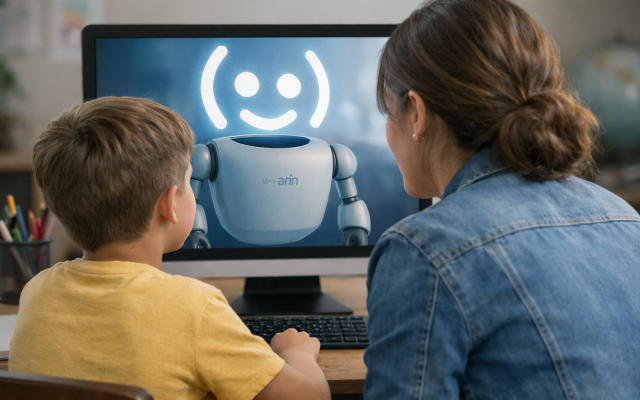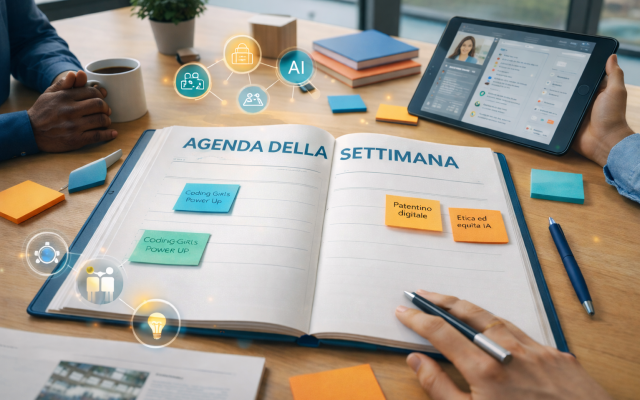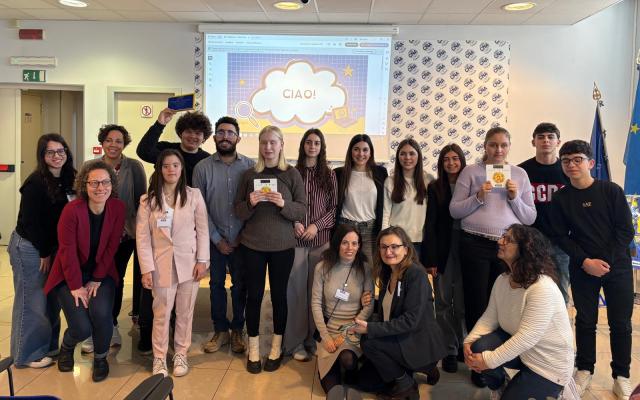3 min.
Social enterprise as a solution to the crisis: 170 projects for six challenges ranging from scholastic re-insertion to the revamping of Scampia, including 37 competing countries, 12 finalists and 6 winners. The Napoli 2.0. International Social Innovation Competition initiative is promoted by the UniCredit Foundation that in collaboration with Euclid Network and Project Ahead will present €10,000 to each of the six winners.
Yesterday, in Naples, he finalist projects were presented and the winners proclaimed. Margherita Cittadino, in collaboration with Libera, will transform the former mafia boss’s villa: Immersive Labs, Idc Consortium and Fondazione Mondo Digitale, with the Maestri di Strada, will follow the desaperecidos; the Chi Rom... e chi no Association and with Caritas Napoli will help to develop entrepreneurial activities for the Scampia Roma people. Ex acqueo for the finalists addressing archaeological sites and the development of a volunteer association, while the alternative recycling of waste prize was not assigned.
The areas of activity and six challenges for Naples:
- Transforming real estate or other goods confiscated from the Camorra (local mafia) into a social enterprise that will produce economic and social benefits for the local community (together with the Libera Association);
- Opening an archaeological site to the public and ensuring its sustainable management (together with GAN, the Neapolitan Archaeological Group);
- Developing a new managerial model for a volunteer organization addressing extreme poverty (together with the Gioco, Immagini e Parole Association);
- Promoting the scholastic re-insertion of minors that have abandoned school (together with the Maestri di Strada Association);
- Promoting the social inclusion of the Roma population of Scampia (together with Caritas Napoli);
- Implementing an innovative methodology for recovering unused goods and waste products (together with the Ambiente Solidale Association);
The project presented by Domenico Zungri, Immersive Labs, Pierre-Julien Barraud, IDC Consortium and Alfonso Molina, Fondazione Mondo Digitale advances a solution to the fourth challenge: from training to the critical and responsible use of new digital technologies, via innovative methodologies (such as interactive design and immersive story telling) to a new business model to help the Associazione Maestri di Strada Onlus.
The idea is to involve dropouts with immersive interactive technology and provide them with basic training that will help them achieve concrete results within the first year of activity. The young kids will be stimulated to develop an authorial, technical and critical point of view and, following a more specific training period, they will have the opportunity to be hired by the Interactive Lab Institutes to transmit their professional knowledge and life experience to other younger dropouts.




